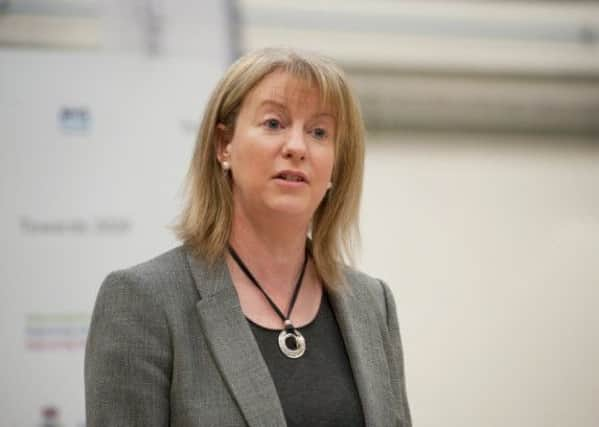Doctors hit out at plans to shelve trauma centres


Former health secretary Alex Neil unveiled plans for four centres to treat seriously injured patients in Edinburgh, Glasgow, Dundee and Aberdeen in 2014, claiming that the units would save 40 lives a year.
His successor, Shona Robison, appeared to backtrack on the pledge when announcing the new national clinical strategy last month, which focuses on shifting care away from acute hospitals.
Advertisement
Hide AdAdvertisement
Hide AdStaff in Aberdeen were told last week that the proposals are now for only two centres in Edinburgh and Glasgow, The Scotsman has learned.
A group of leading doctors has now written a letter outlining concerns that patient care will suffer as a quarter of the population will not be served by these centres.
The letter said: “The plans for two centres in Edinburgh and Glasgow would appear to leave 25 per cent of the Scottish population, including the people of Grampian, with a second-class service.
“We are deeply worried that a solution for the Central Belt will leave the rest of Scotland out in the cold.”
Simon Barker, a consultant paediatric orthopaedic surgeon who penned the letter, warned that most of the north of Scotland would not be able to reach trauma centres in the Central Belt within the crucial 45-minute window required for serious injuries. He said: “We don’t have a helicopter network that can cope with this and we don’t have NHS helicopters that can fly at night.
“Recruitment and retention of staff in Grampian is already a problem and they may not want to remain if we are not doing this high-end work.
“Patients could potentially have a worse outcome.
“We are not anti centres being built in Glasgow and Edinburgh, but there needs to be a reasonable balance of care for the whole country.”
Ms Robison insisted all options are still on the table and Dundee and Aberdeen will play key roles in the trauma network, which provides care for the most seriously injured patients such as victims of off-shore accidents or car crashes.
Advertisement
Hide AdAdvertisement
Hide AdShe said: “No final decisions about the number of trauma centres have been made. All options remain on the table. Clinicians and planners from across Scotland, including Aberdeen, are currently working closely together on what Scotland’s major trauma network should look like so we can provide the best model for the people of Scotland.”
Ms Robison said planners were looking at what would be the best model for the needs of remote and rural areas.